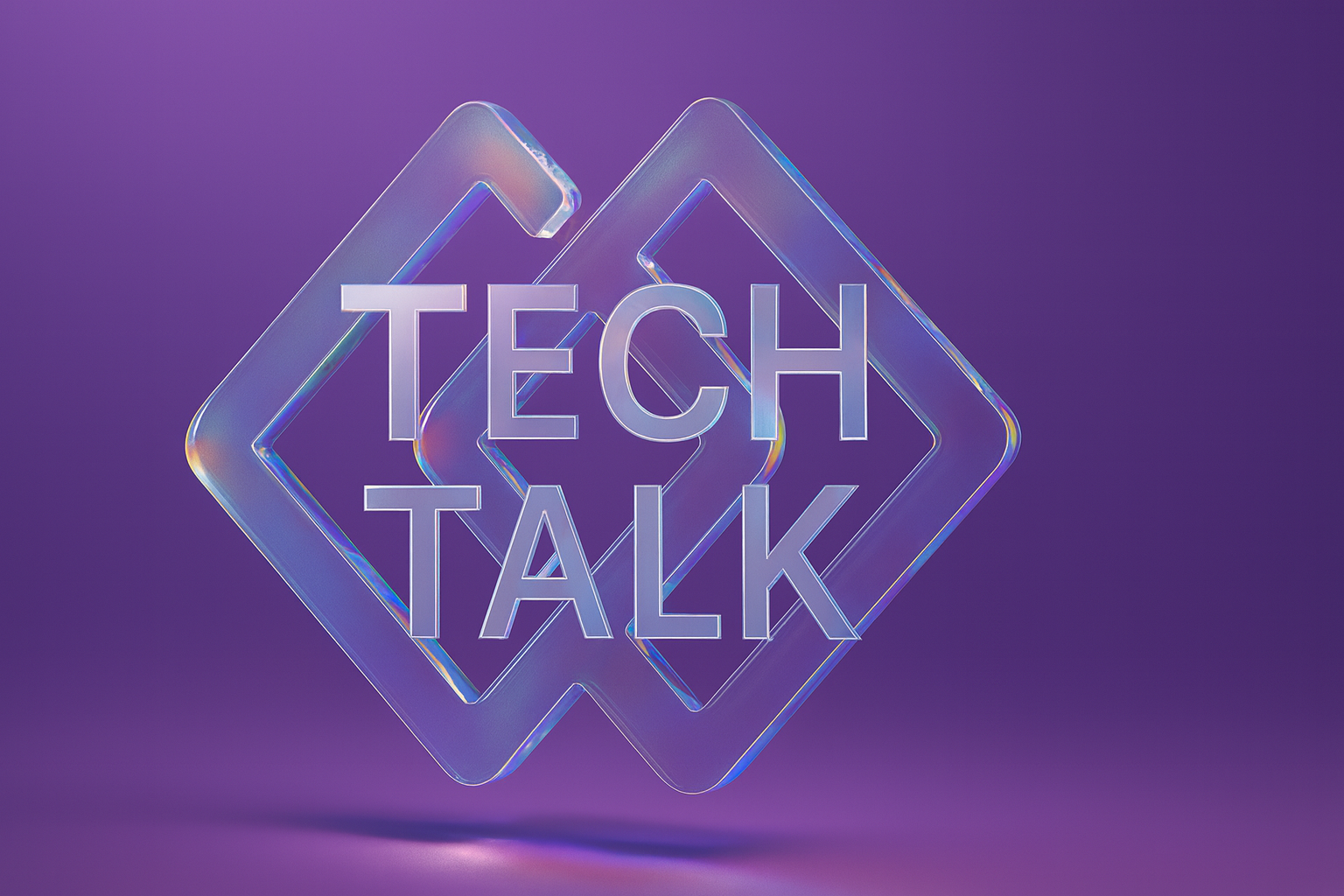Healthcare has long been burdened by inefficiencies—fragmented records, time-consuming administrative tasks, and diagnosis processes rooted in experience rather than data. Even with the shift to digital systems, patient information often remains siloed, forcing clinicians to make decisions based on incomplete insights.
Now, AI is changing that.
From early disease detection and outcome prediction to automating routine workflows, AI technology is transforming how healthcare is delivered. It enables faster, more accurate decision-making and helps providers focus more time on patient care rather than paperwork.
But with this shift comes a new set of responsibilities.
AI relies on vast volumes of sensitive patient data, and without the right safeguards, these systems can create serious risks—from data breaches and compliance failures to erosion of patient trust. This article explores how healthcare organizations can leverage AI’s potential while ensuring data security, regulatory compliance, and ethical use, laying the foundation for smarter, safer care delivery.
Understanding Data Security in Healthcare
AI in healthcare thrives on data—patient histories, scans, lab results—but that data is a goldmine for cybercriminals. Ensuring data quality is critical in AI healthcare applications, necessitating careful cleaning, preprocessing, and secure storage of data to meet regulatory standards. A breach isn’t just a tech failure—it’s a direct threat to patient trust, financial stability, and legal standing. Keeping AI-driven systems secure means more than just checking compliance boxes. It requires airtight defenses, proactive monitoring, and a culture of security.
Encryption is the first line of defense, locking data down, whether stored or in transit. Layered access controls, backed by multi-factor authentication and role-based permissions, ensure only the right people can access sensitive records. Cloud storage solutions with end-to-end encryption add another barrier, preventing unauthorized access while keeping systems flexible and scalable.
AI plays a role in security, flagging suspicious activity and detecting anomalies before they become full-blown breaches. But technology alone isn’t enough. Regular security audits, ongoing employee training, and strict adherence to frameworks like NIST reinforce the human side of cybersecurity.
AI is here to improve patient care, not create new vulnerabilities. A strong security strategy lets healthcare providers harness AI’s full potential without compromising the privacy and trust that define quality care.
AI in Healthcare
The healthcare industry is being revolutionized by AI, which speeds diagnoses, smartens treatments, and makes hospitals more efficient. It catches diseases earlier, personalizes care, and cuts through the red tape that slows everything down. The result? Better outcomes for patients and a system that runs smoother than ever.
Disease Diagnosis and Early Detection
Diagnosing diseases has always been a mix of experience, test results, and a bit of guesswork. AI changes that. Analyzing massive datasets, spotting patterns, and detecting anomalies, it catches diseases earlier and more accurately than traditional methods.
Medical imaging is a prime example. AI scans X-rays, MRIs, and CT scans, flagging issues like cancer or fractures faster than a human radiologist. In cardiology, AI-driven ECG analysis can predict heart attacks before symptoms appear.
And beyond imaging, AI combs through electronic health records, lab results, and genetic data to identify high-risk patients before their condition worsens. Catching diseases early means faster treatment, better outcomes, and fewer unnecessary hospital visits.
Treatment Planning, Operational Efficiency, and Improving Patient Outcomes
AI isn’t just diagnosing problems—it’s revolutionizing clinical practice. Instead of trial-and-error approaches, doctors now use AI-driven insights to create personalized treatment plans. In oncology, AI analyzes a tumor’s genetic profile to recommend the best therapy, increasing effectiveness while reducing side effects.
Hospitals are also getting smarter. AI optimizes patient scheduling, cutting wait times and using resources more effectively. Emergency departments use AI to predict patient surges, ensuring the right staffing levels. Even administrative tasks—billing, medical coding, insurance claims—are being automated, freeing up doctors and nurses to focus on care.
Patient experience is also getting a boost. AI chatbots handle appointment reminders, follow-up care, and even basic medical queries, making healthcare accessible without overwhelming staff.
The result?
Faster diagnoses, more precise treatments, and hospitals that run like well-oiled machines.
Data Security Concerns in Healthcare AI
The increased reliance on AI in the healthcare system introduces significant data security risks. Sensitive medical data must be protected from breaches, unauthorized access, and misuse, yet healthcare systems are frequent targets for cyber threats.
Privacy Risks and Patient Data Breaches
AI in healthcare runs on data—lots of it. However, the more patient information AI systems process, the greater the risk of privacy violations and cyberattacks, which are significant concerns for healthcare professionals. A single breach can expose medical records, leading to identity theft, financial fraud, and even compromised treatment plans.
The real danger isn’t just hackers—it’s weak security practices and careless data sharing. Patient information can end up in the wrong hands if access isn’t tightly controlled. AI models can also pick up security flaws from the data they’re trained on, creating hidden vulnerabilities that bad actors can exploit.
When trust in data security breaks, so does trust in AI-driven healthcare. Strong encryption, restricted access, and constant monitoring aren’t optional—they’re the only way to keep patient data safe and AI systems reliable.
Algorithmic Bias and Cross-Jurisdictional Complexities
AI in healthcare isn’t just about efficiency—it’s about fairness. However, when implementing AI, if algorithms are trained on biased data, they can reinforce disparities instead of solving them.
If an AI model learns from incomplete or skewed datasets, it might misdiagnose certain groups or recommend treatments that don’t work equally for everyone. In a field where accuracy can mean life or death, these biases aren’t just flaws but real risks.
Cross-jurisdictional challenges add another layer of complexity. Countries and regions have rules for data privacy, AI usage, and healthcare standards. An AI system trained in one country might not meet compliance requirements elsewhere. This makes it harder to develop global AI solutions while ensuring legal and ethical accountability.
Without careful oversight, AI can widen healthcare gaps instead of closing them. Transparent algorithms, diverse training data, and regulations that keep pace with technology are key to making AI work for everyone, everywhere.
Effective Strategies for Securing Healthcare Data
Protecting patient data isn’t just good practice—it’s essential for patient safety, organizational survival, and to improve patient outcomes. Several approaches are proving effective. Being mindful of common AI app mistakes is vital when deploying AI solutions for data protection.
Zero-Trust Security Model
In healthcare, data security isn’t just about keeping hackers out—it’s about ensuring that only the right people can access patient records at the right time. The zero-trust model operates on one simple rule: trust no one by default.
Every user, device, and system must verify their identity before gaining access, whether inside or outside the network. This eliminates blind spots, prevents unauthorized access, and minimizes insider threats. With continuous monitoring and encryption at every level, zero trust ensures that sensitive data never falls into the wrong hands, ultimately enhancing health outcomes.
Data Encryption and Secure Cloud Utilization
AI creates new security risks. To stay ahead, AI-driven security tools are being used to safeguard patient data. Secure data practices can allow healthcare providers to focus more on direct patient care.
- Differential privacy allows AI to analyze trends in patient data without exposing individual records, reducing the risk of data leaks. Attackers can’t trace information to specific individuals even if a breach occurs.
- Federated learning keeps sensitive data decentralized, meaning AI models can train on patient data across multiple hospitals without transferring or storing it in a central database. This minimizes exposure and makes large-scale breaches far less likely.
- Automated compliance tools ensure healthcare systems stay aligned with ever-changing privacy laws. These AI-driven solutions scan networks for vulnerabilities, flag security gaps, and help organizations avoid costly compliance violations.
As healthcare organizations increasingly leverage cloud services, secure practices include implementing off-site data backups and updating all applications with the latest patches.
AI-Powered Solutions for Data Protection
The shift to cloud-based healthcare systems has unlocked massive efficiency gains but also presents security challenges for the healthcare sector. Cloud providers offer encryption, AI-driven threat detection, and real-time monitoring, but security is only as strong as its weakest link.
Healthcare organizations must enforce strict access controls, multi-factor authentication, and continuous security assessments to keep data safe. When done right, cloud infrastructure becomes a fortress, allowing hospitals and clinics to harness AI’s power without compromising patient privacy.
Securing the Future of AI in Healthcare: Where Innovation Meets Responsibility
AI is redefining what’s possible in healthcare—enabling earlier diagnoses, smarter workflows, and more personalized care. But with this innovation comes a heightened responsibility: to protect the sensitive, high-stakes data that powers these systems. Security and compliance are not side notes—they’re foundational to building trustworthy, future-ready AI in healthcare.
Every AI application, from diagnostic tools to patient-facing platforms, introduces unique risks. That’s why security can’t be one-size-fits-all. It must be strategically tailored, continuously monitored, and deeply embedded into every layer of your AI systems. As patient data becomes an increasingly valuable target for cyberattacks, strong safeguards are no longer optional—they’re mission-critical.
At Tribe AI, we help healthcare organizations strike the right balance between innovation and protection. Our AI experts partner with security and compliance teams to design solutions that meet the strictest regulatory standards while enabling progress. From fraud detection to privacy-preserving AI architectures, we ensure your systems are both powerful and protected.
Let’s build a healthcare future where cutting-edge AI and airtight security work together to transform patient care—safely, ethically, and at scale. Partner with Tribe AI to make it happen.













